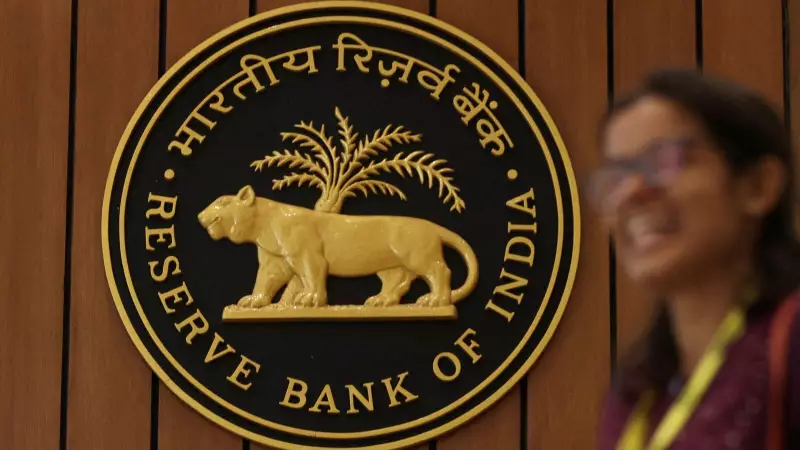
India's central banking institution is actively considering an extension of its flexible inflation targeting framework beyond the current 2026 deadline, according to recent statements from financial authorities. This strategic approach has become a cornerstone of India's monetary policy, successfully navigating the economy through various global challenges.
Why Flexible Inflation Targeting Matters
The current framework, established in 2016, grants the Reserve Bank of India significant operational flexibility. Unlike rigid inflation targets, this system allows the central bank to balance multiple economic objectives simultaneously. The primary focus remains maintaining consumer price inflation within a comfortable 2-6% band while supporting broader economic growth.
The Success Story So Far
Since its implementation, flexible inflation targeting has demonstrated remarkable effectiveness. The framework proved particularly valuable during unprecedented global events, including the COVID-19 pandemic and subsequent supply chain disruptions. By allowing temporary deviations from the target range during extraordinary circumstances, the RBI maintained economic stability without compromising long-term inflation control.
What Extension Means for India's Economy
The potential extension beyond 2026 signals continuity in India's monetary policy approach. This consistency provides several key advantages:
- Policy Predictability: Businesses and investors benefit from stable monetary policy expectations
- Inflation Management: Continuous focus on price stability supports sustainable economic growth
- Global Confidence: International markets view consistent policy frameworks favorably
- Growth Support: Flexibility allows RBI to support economic expansion during downturns
The Road to 2026 and Beyond
As the 2026 review approaches, economic stakeholders are closely monitoring several key factors that will influence the final decision. The Monetary Policy Committee's performance in managing inflation while supporting growth remains under constant evaluation. Recent economic indicators suggest the framework has successfully balanced these competing priorities, making a strong case for continuation.
Broader Economic Implications
The flexible approach acknowledges that economic management requires nuanced decision-making. Rather than focusing exclusively on inflation numbers, the RBI considers multiple economic indicators, including:
- GDP growth trends and projections
- Employment and consumption patterns
- Global economic developments
- Fiscal policy coordination
- Financial market stability
This comprehensive perspective ensures that monetary policy decisions support broader economic welfare rather than narrowly targeting a single metric.
Expert Perspectives and Market Reaction
Financial experts largely view the potential extension as a positive development. The framework's track record of maintaining relative price stability while accommodating growth needs has earned credibility among economists and market participants. The continuity would provide much-needed stability in an increasingly volatile global economic environment.
As India positions itself as a global economic leader, maintaining robust and predictable monetary policy frameworks becomes increasingly crucial. The flexible inflation targeting approach has served the nation well, and its potential extension represents a vote of confidence in India's economic management capabilities.





